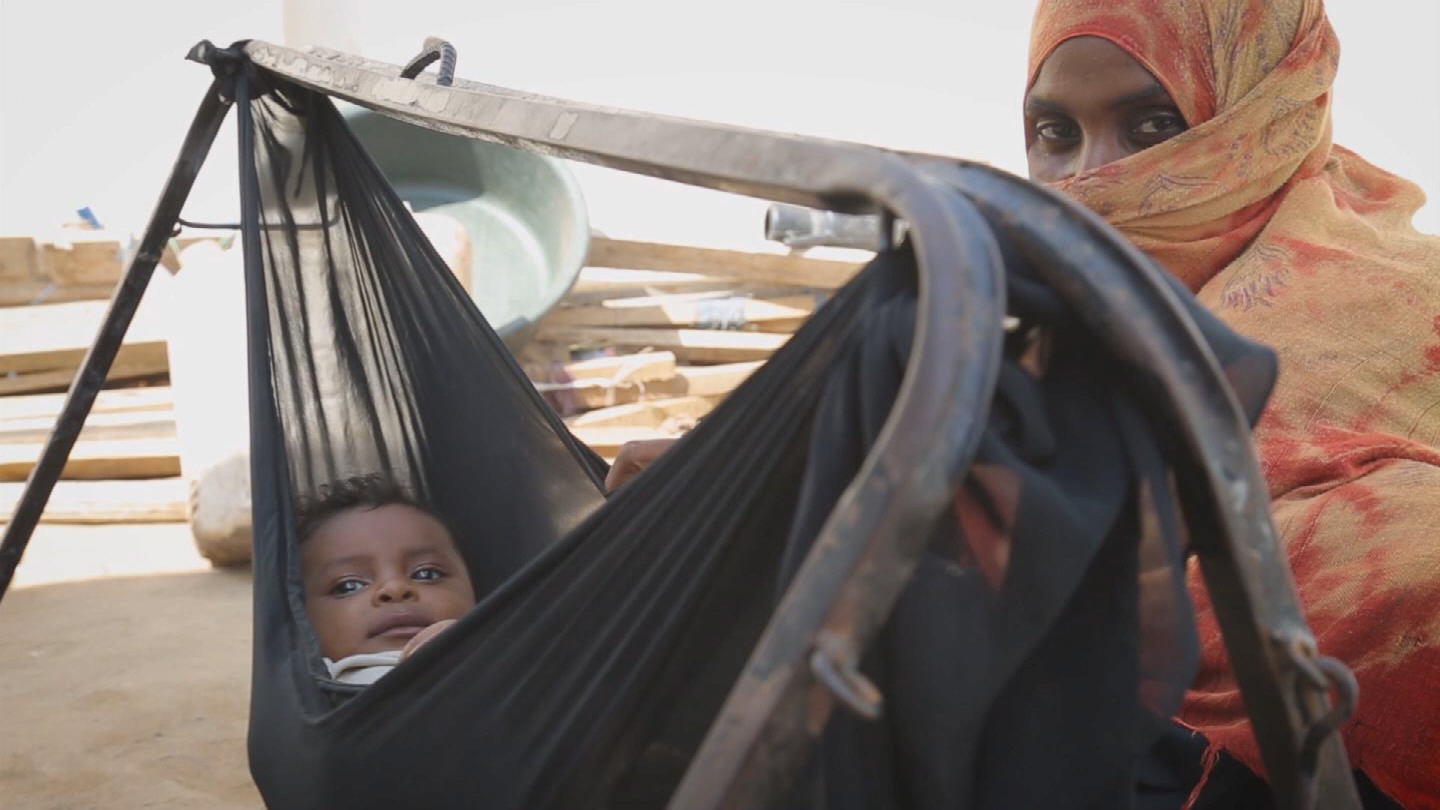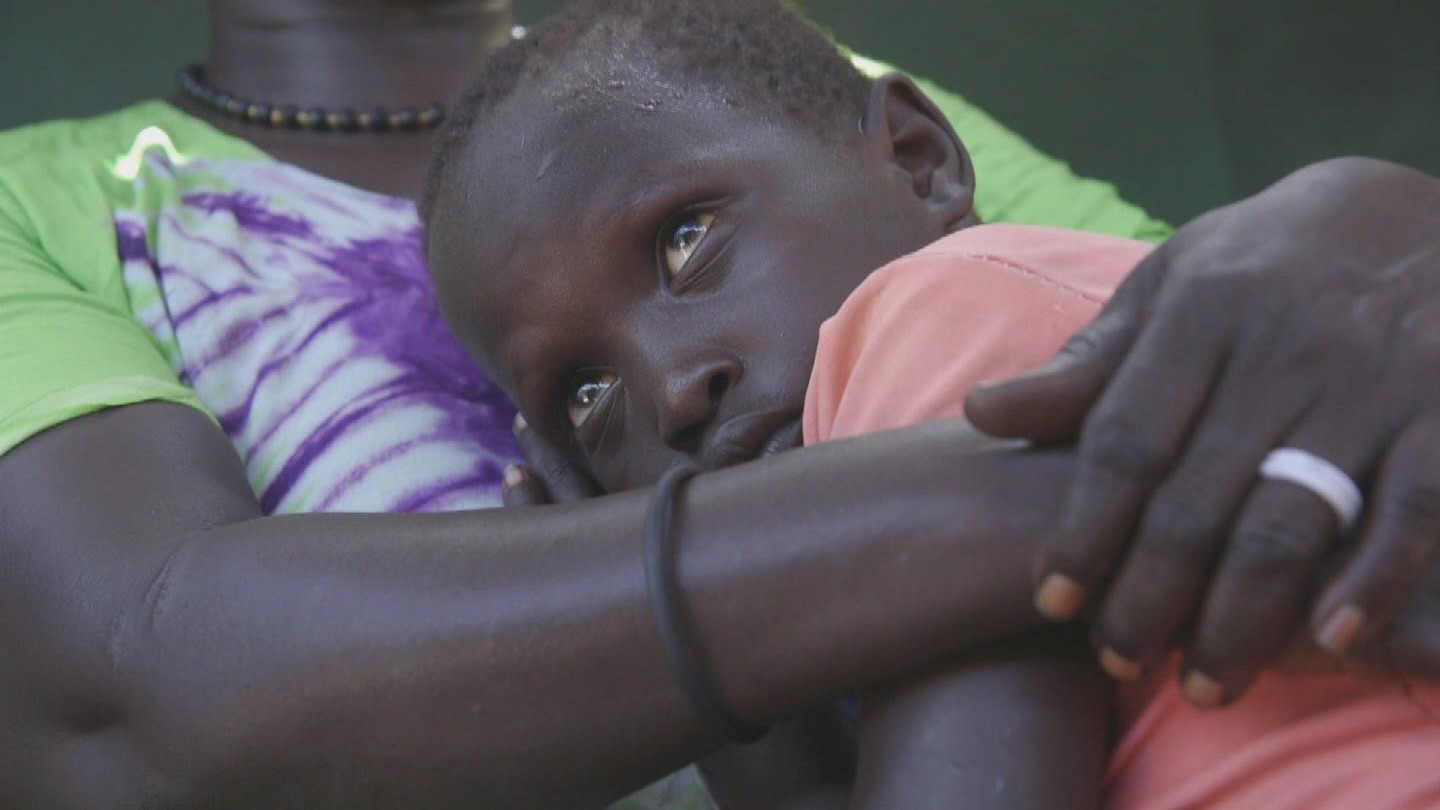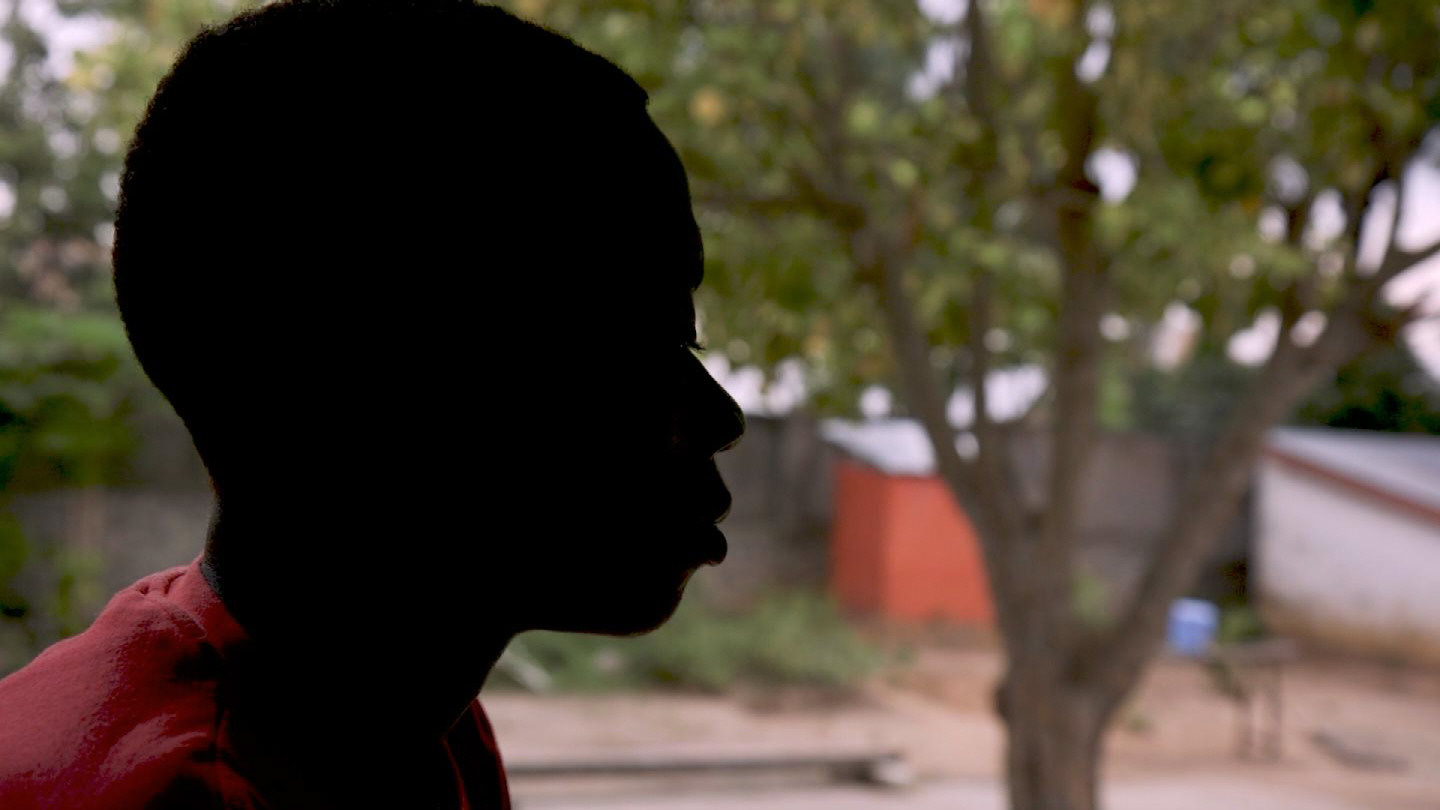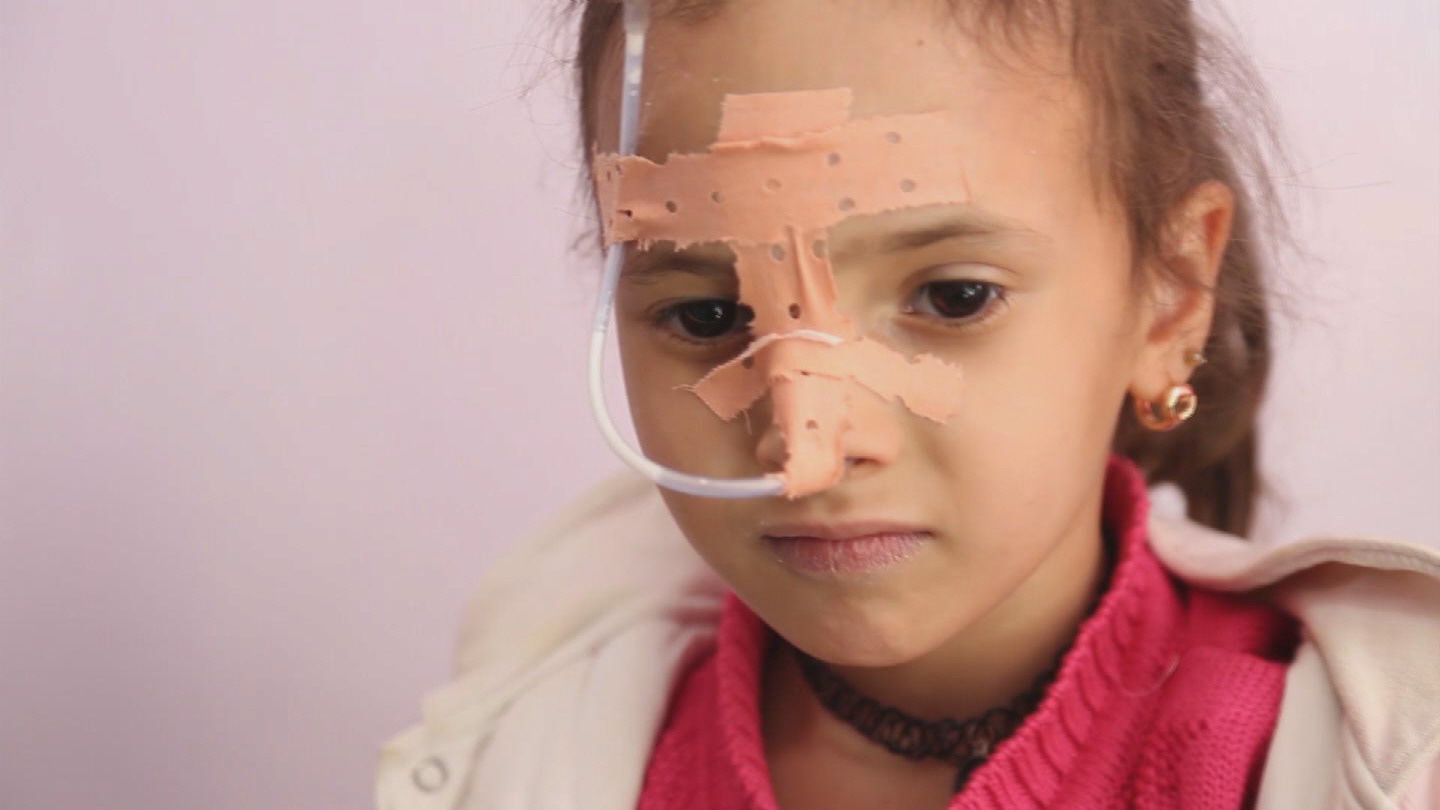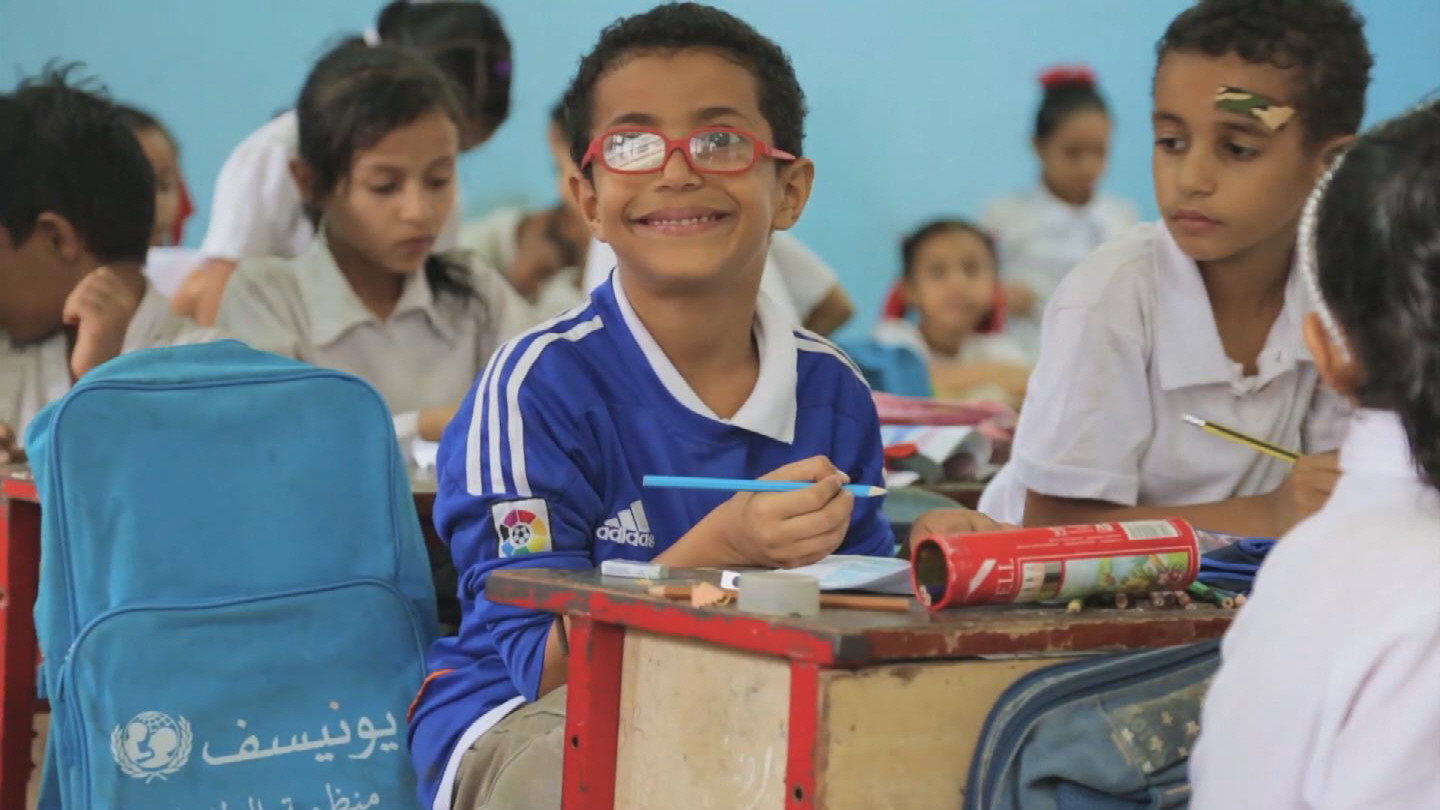UNICEF / BOKO HARAM CHILDREN
Download
There is no media available to download.
Share
STORY: UNICEF / BOKO HARAM CHILDREN
TRT: 1:54
SOURCE: UNICEF /FILE
RESTRICTIONS: Embargoed until 00:01 GMT, 12 April, 2017; Credit UNICEF footage on screen
LANGUAGE: NATS
DATELINE: FILE
FILE - 10-12 AUGUST, 2016, MUNA CAMP, MAIDUGURI, NIGERIA
1. Wide shot, tents
2. Pan right, tents
3. Wide shot, women stand by tents
FILE - 8 FEBRUARY, 2017, BAKASI CAMP, MAIDUGURI, NIGERIA
4. Wide shot, teacher and classroom
5. Close up, girl in classroom
6. Med shot, girls in classroom
7. Med shot, two girls in classroom
FILE - 12-14 AUGUST, 2016, MAIDUGURI, NIGERIA
8. Pan right, volunteers singing with displaced kids
9. Close up, little girl singing
10. Med shot, children singing with volunteers
11. Close up, little boy singing and clapping
FILE - 16-18 MARCH, 2016, DALORI CAMP, MAIDUGURI, NIGERIA
12. Wid shot, displaced in camp
13. Med shot, women sit in hospital
FILE - 13 JULY, 2016, DZAWANDAI, FAR NORTH REGION OF CAMEROON
14. Wide shot, teacher teaching a classroom
15. Med shot, little girl standing in a circle
16. Med shot, children standing in a circle
17. Wide shot, teacher dances and plays with children
FILE - MARCH 2015, DAR ES SALAM REFUGEE CAMP, CHAD
18. Wide shot, destroyed house
19. Wide shot, mother walks with her child inside camp
20. Wide shot, mother washes clothes
21. Various shots, tents inside the camp
22. Wide shot, classroom inside a tent in the camp
23. Med shot, children inside classroom
24. Med shot, children read from blackboard
25. Close up, children read from blackboard
26. Med shot, children write on their personal blackboards
The number of children used in ‘suicide’ attacks in the Lake Chad conflict has surged to 27 in the first quarter of 2017, compared to nine over the same period last year, UNICEF said in a new report released today.
The increase reflects an alarming tactic by the insurgents, according to the report “Silent Shame: Bringing out the voices of children caught in the Lake Chad crisis”.
So far, 117 children have been used to carry out bomb attacks in public places across Nigeria, Chad, Niger and Cameroon since 2014: four in 2014, 56 in 2015, 30 in 2016 and 27 only in the first three months of 2017. Girls have been used in the vast majority of these attacks.
As a consequence, girls, boys and even infants have been viewed with increasing fear at markets and checkpoints, where they are thought to carry explosives.
Released three years after the abduction of over 200 schoolgirls in Chibok, the report provides troubling accounts by children who were held in captivity at the hands of Boko Haram, and shows how these children are met with deep suspicion when they return to their communities.
In interviews, many children who have been associated with Boko Haram report that they keep their experience secret because they fear the stigmatization and even violent reprisals from their community. Some are compelled to bear their horrors in silence as they remove themselves from other groups for fear they might be outed and stigmatized.
The report also highlights the challenges that local authorities face with children who have been intercepted at checkpoints and taken into administrative custody for questioning and screening, raising concerns about the prolonged periods of custody. In 2016, almost 1,500 children were under administrative custody in the four countries. The release of more than 200 children by Nigerian authorities on the 10th of April is a positive step towards the protection of children affected by the ongoing crisis.
The response to this crisis remains severely underfunded. Last year, UNICEF’s US$154 million appeal for the Lake Chad Basin was only 40 per cent funded.
